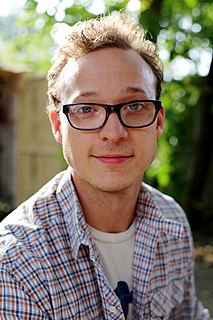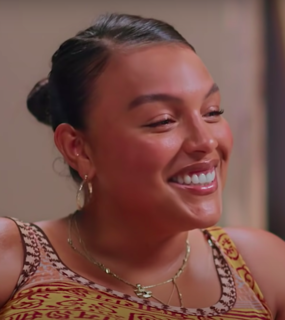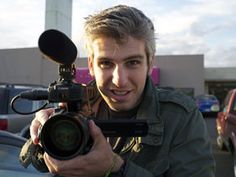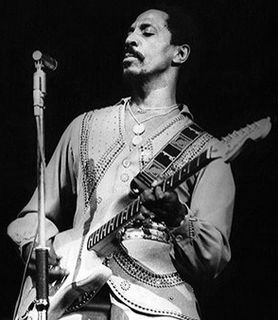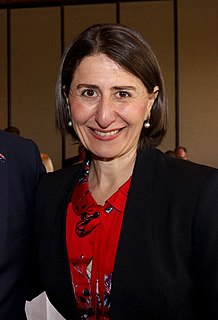A Quote by Kehinde Wiley
I came from a background where access to museum culture was rarely granted, and, when you got it, people wondered what the hell you were doing there.
Related Quotes
I think we did our first session in 1958. There were no black background singers - there were only white singers. They weren't even called background singers; they were just called singers. I don't know who gave us the name 'background singers,' but I think that came about when The Blossoms started doing background.
I wondered what it does to each of us to spend the majority of our waking hours doings things we'd rather not do, wishing we were outside or simply elsewhere, wishing we were reading, thinking, making love, fishing, sleeping, or simply having time to figure out who the hell we are and what the hell we're doing.
When we cut off access to certain parts of our cities to people on bikes or in wheelchairs, we're not only doing economic damage, we're also doing culture damage. New York is the culture capital of the world because people are running into each other on the street all the time. They are forced to engage in creativity and problem-solving.
You often hear attacks on international adoption as robbing a child of his or her culture, and that's both true and false. It's true that an internationally adopted child loses the rich background of history and religion and culture and language that the child was born into, but the cruel fact is that most children don't have access to the local, beautiful culture within an orphanage.
One thing you learn about doing nonfiction is that you've got to get it right, fact-check, do your research. You've got to not only get the facts right but represent the subject to the world in a way that insiders feel like it's an access port and outsiders can access it. If you're too insider, you block access to anyone else.
I'm finding that people reading the book [The Heroin Diaries: A Year In The Life Of A Shattered Rock Star] are saying, "You came from one background, I came from this background - you were a rock star, I was a CEO. I didn't have a heroin/coke problem, but I had a pill problem. But I also fell from grace, didn't know how to get recovery, and I am now in recovery." People tell me that their kids read it and told them they'll never do drugs - "This book really shows me where it goes."





